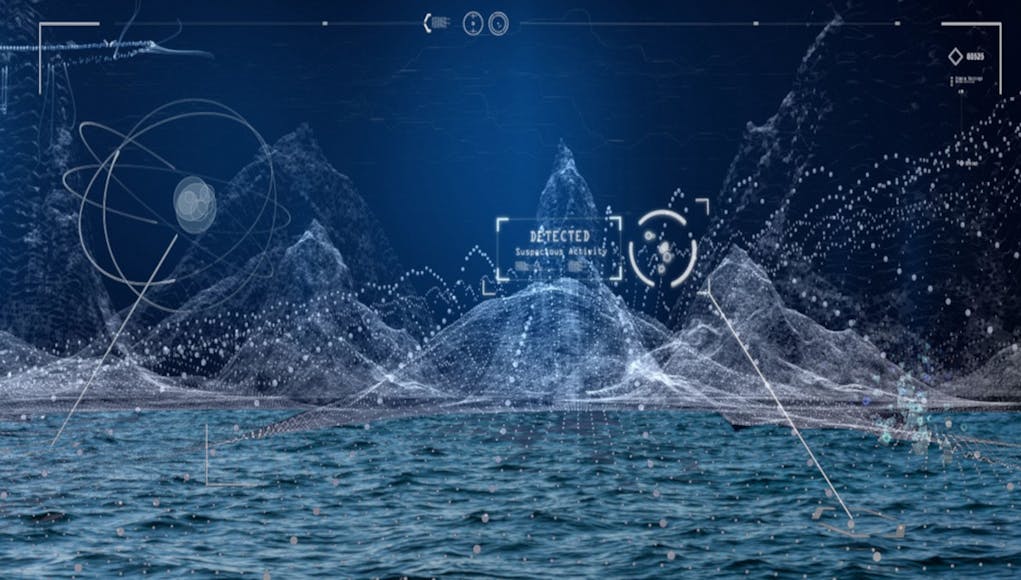Rolls-Royce has announced two breakthroughs in artificial intelligence ethics, which the firm say could help gain society’s trust of the technology.
The first breakthrough is an AI ethics framework, which is “a method that any organisation can use to ensure the decisions it takes to use AI in critical and non-critical applications are ethical”. This is reportedly the first time AI ethics for industrial contexts has moved beyond theory and into practical application.
Secondly, within that framework, is the first step-by-step process for ensuring the outcomes of AI algorithms can be trusted.
“This five-layer checking system focuses on the outputs of algorithms, not the algorithms themselves, which are constantly changing. The checking system prevents biases from developing in algorithms undetected and with results being constantly monitored, it ensures they are trustworthy. The ethics framework and its trust process have been peer reviewed by subject matter experts in several big tech firms, as well as experts in the automotive, pharmaceutical, academic and government sectors. Both will be published in full under Creative Commons licence later this year on the Rolls-Royce.com website.”
In a keynote speech at London Tech Week’s AI Summit, Rolls-Royce Chief Executive Officer, Warren East, said: “By publishing our findings we want to move the AI ethics conversation forwards from discussing concepts and guidelines, to accelerating the process of applying it ethically.
“There is no practical reason why trust in AI cannot be created now. And it’s only with the acceptance and permission of our society – based on that trust – that the full benefits of AI can be realised, and it can take its place as a partner in our lives and work.
“As a business we are open to collaborative innovation and we will continue to talk to key stakeholders, customers, counterparts and technology leaders to share our work in detail to see how we can help each other progress for the greater growth, wealth and health of our world.”














The machines rose from the ashes of the nuclear fire. Their war to exterminate mankind has raged for decades, but the final battle would not be fought in the future. It would be fought here, in our present. Tonight.
https://www.youtube.com/watch?v=IGHLVHY4daM&ab_channel=JordanBL
If only that were true. Sadly we now have to suffer far worse – Politically Correct (aka ethical) AI!
So what’s more ethically acceptable the Dr Following a clinical algorithm missing an early diagnosis of cancer and a patient Dying or an programmed heuristic algorithm missing an early diagnosis and a patient dying…Or does it matter ?
Also does it really matter if another programmed heuristic algorithm decides to launch a missile and kill someone or if that same missile is launched by a person following orders…?
I’m not sure but any heuristic system that reduces complexity of decision making naturally increases the chance of error in decision making be that human decision making via heuristic process or a computer program.
Much propaganda in society about styling AI as our cool friends, but it can take peoples jobs & be hacked. The real question is whose ethics? Of use when saving peoples lives on high risk/suicidal missions, but when offered as carers for OAPs it’s gone way too far.
Besides, I’ve seen Terminator….